International Literacy Day Theme Poster, Quotes and Activities
International Literacy Day
International Literacy Day – Literacy is not only a way to get employment, but it also encourages knowing human rights so that everyone gets what they are entitled to. Every day many people have to face humiliation due to illiteracy. In addition, they make their life full of conflicts.
Therefore, in order to use community resources to create a better world and to obtain information from local and school libraries, literacy is highly valued.
Better literacy can contribute to economic development; Reducing poverty; Reducing crime; Promoting democracy; Increasing civic engagement; Preventing HIV / AIDS and other diseases through information provision; Enhancing cultural diversity through literacy programs in minority languages; Increased education results in lower birth rates; And increasing personal benefits such as self-esteem, confidence, and empowerment.
However, literacy benefits only when comprehensive rights and development frameworks are effectively implemented.
International Literacy Day is celebrated every year on September 8th. On this day government, civil society, and NGOs improve world literacy rates and reflect the literacy challenges. The main agenda is to promote quality education and the universal use of learning opportunities in people’s lives.
The day aims to raise the world’s awareness of literacy issues faced by people worldwide and support campaigns that help raise literacy for all people. It was originally founded by UNESCO – United Nations Educational, Scientific and Cultural Organization in 1965. See More Ganesh Chaturthi
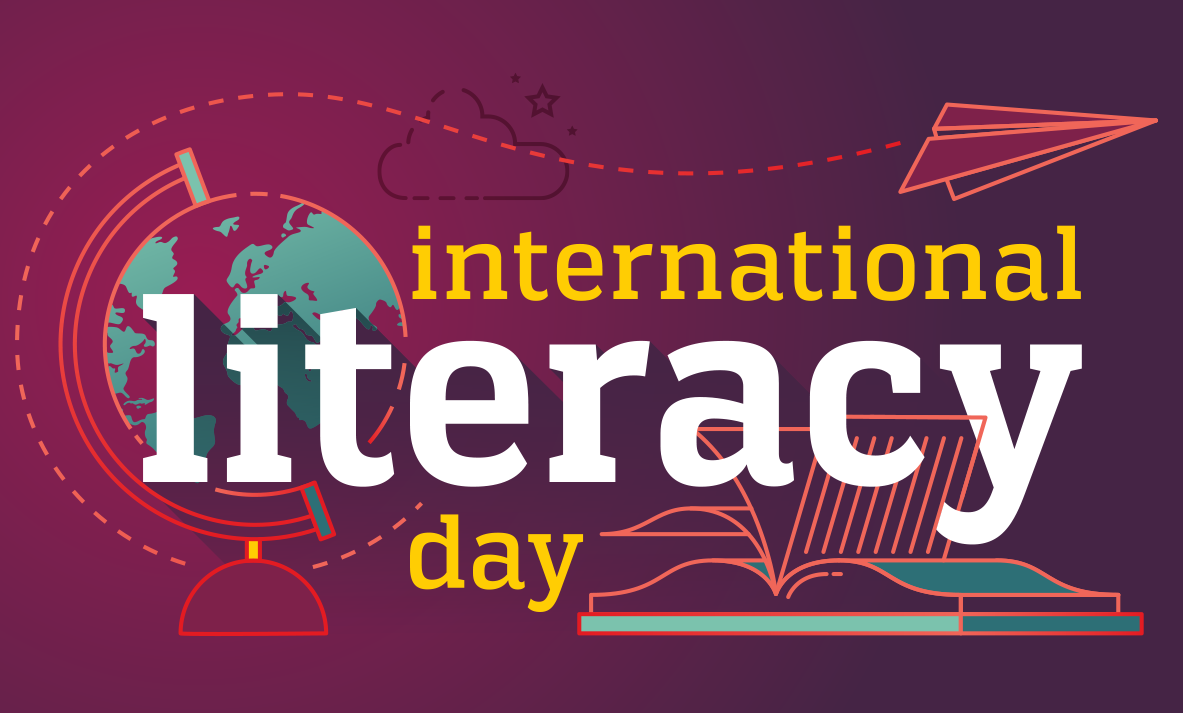
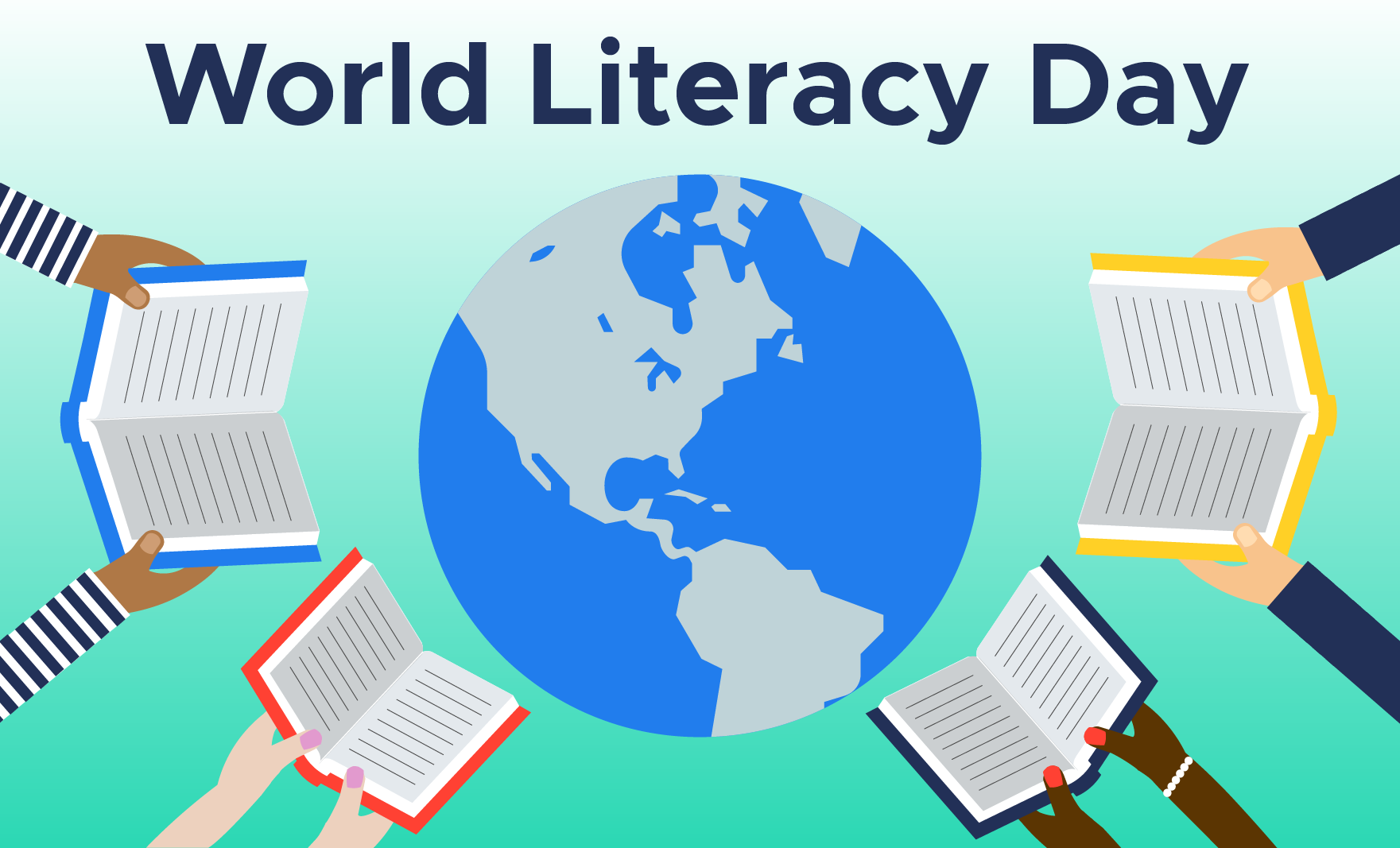
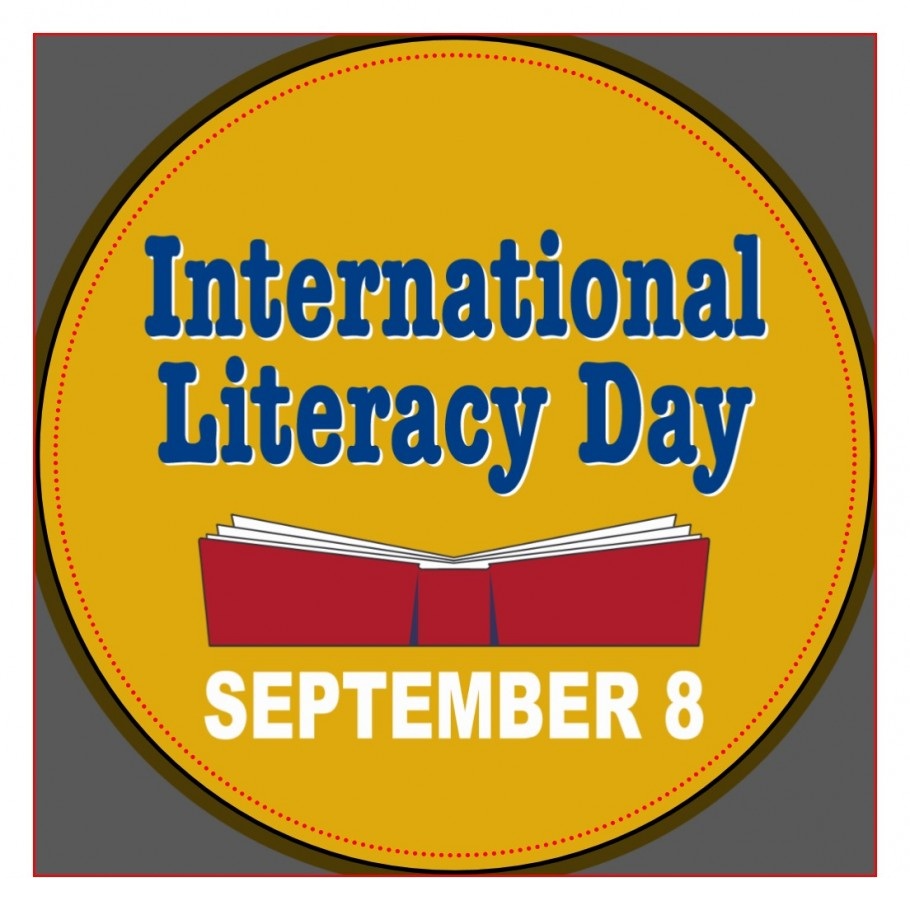
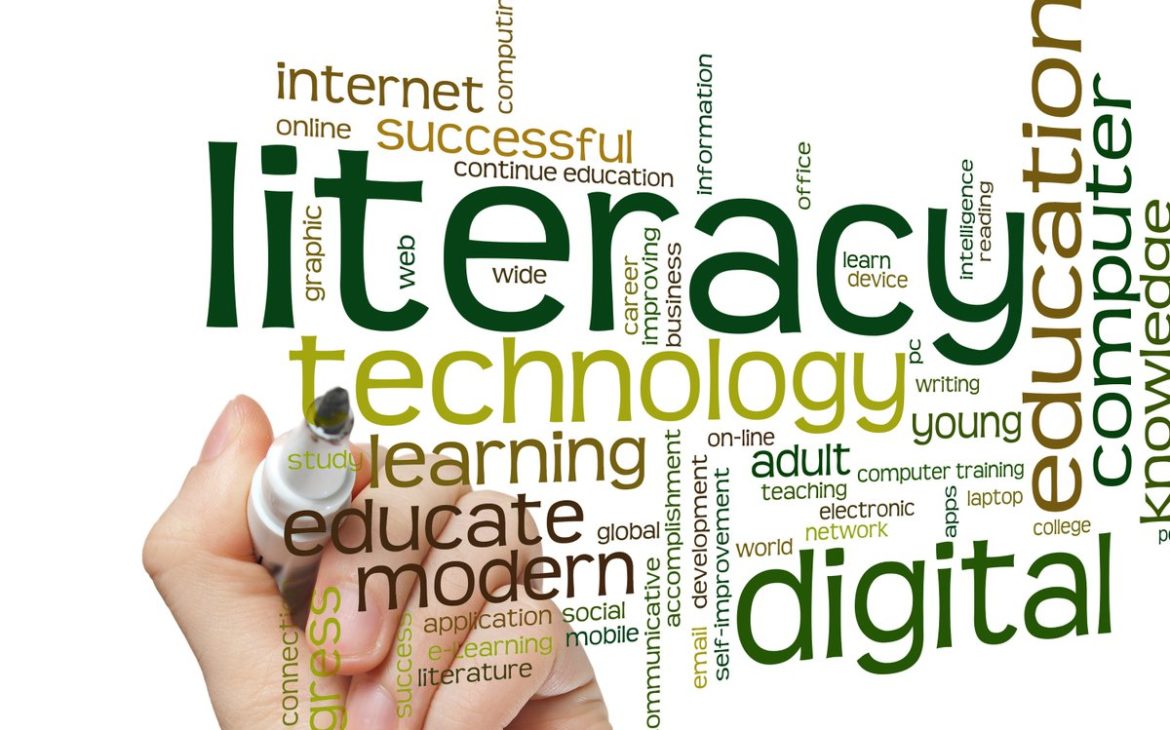
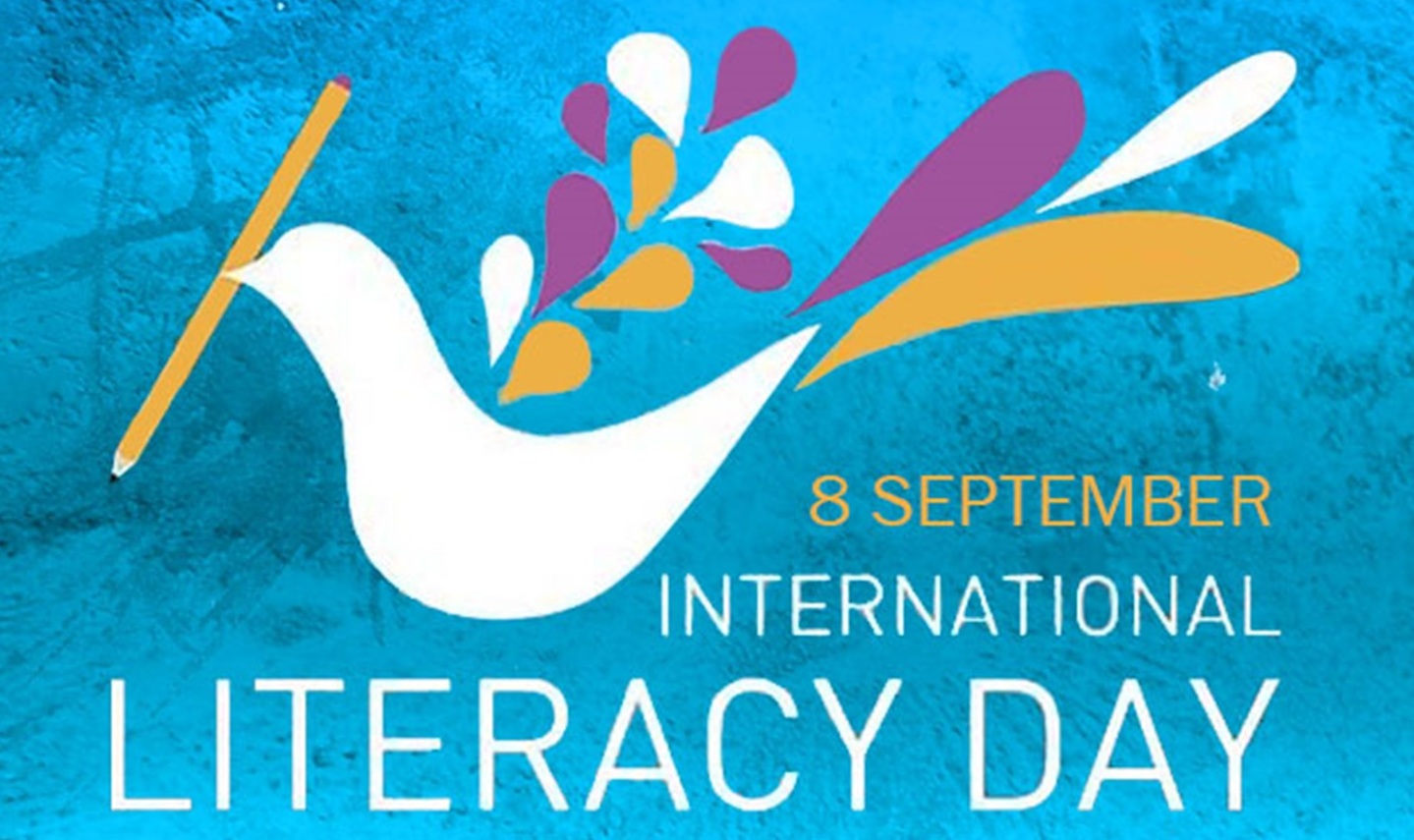
International Literacy Day Theme – Literacy and Multilingualism
International Literacy Day will focus on act literacy and multilingualism. ‘Despite progress, literacy challenges remain, unevenly distributed across countries and populations. Embracing linguistic diversity in education and literacy development is central to addressing these literacy challenges and achieving the Sustainable Development Goals.
On the occasion of International Literacy Day, the salient features of multilingualism will be discussed in today’s globalized and digital world, along with their implications for literacy in policies and practice to achieve greater inclusion in multilingual contexts.
To combat the issues of illiteracy around the world, UNESCO declared 8 September 1965 as International Literacy Day. The purpose of this observation day was not only to combat illiteracy but to promote literacy as a tool that could empower individuals as well as entire communities.
It is from these humble beginnings that International Literacy Day has blossomed into a tool that can help millions of people around the world.
As of 2016, approximately 775 million adults lack the most basic, minimum literacy skills in the world. This means that about 1 in 5 adults in the world – or about 20% of all people – are not literate. Of that 20%, about 66% are women.
Around 75 million children in the world are not in school or drop out before they finish. However, thanks to UNESCO and World Literacy Day efforts, more and more people are becoming literate and about 4 billion people are currently literate, as it is right now.
Why do we celebrate International Literacy Day?
The main objective of celebrating International Literacy Day is to encourage awareness of literacy so that everyone knows their social and personal rights. As we need food to live, we need literacy for social and personal development. In view of the high growth rate of poverty, uncontrollable population growth, gender inequality, etc.
UNESCO has decided to celebrate the day with the goal of addressing these problems. Eliminating them not only helps individuals grow but also contributes to the overall development and upliftment of the nation.
